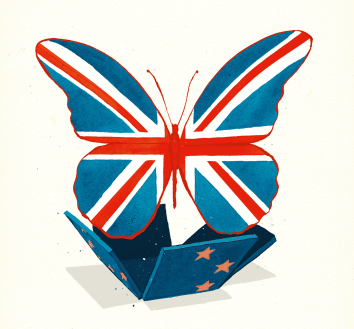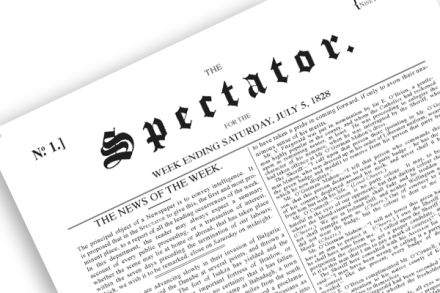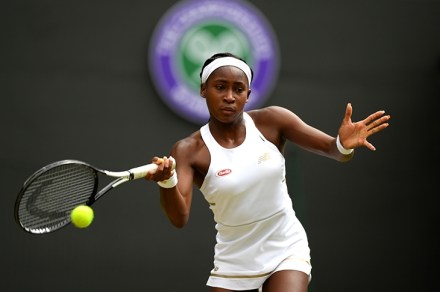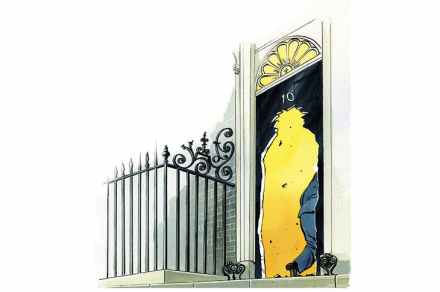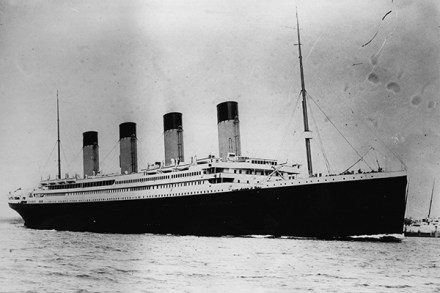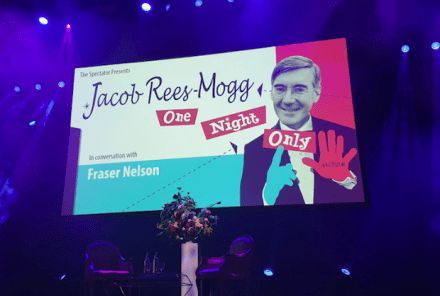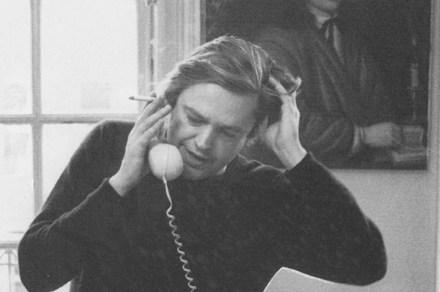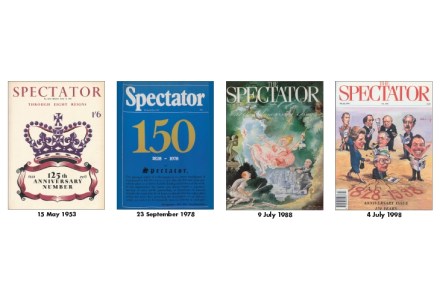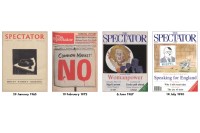In praise of Spectator readers
Michael Beloff, QC and past president of Trinity College Oxford, has just had his memoir reviewed in The Spectator, and it brought back memories. Here’s this really good man, the type who does the work, believes in the system, plays by the rules and subscribes to the old graces of courtesy and politeness, but the sort we never read about. Instead, what is shoved down our throats are today’s politicians selling their snake oil on TV, or those untalented but self-entitled celebrities boasting about themselves, and the ultimate horrors, of course, the profoundly ignorant woke brigade who block free speech. I can’t remember how long ago it was that I



